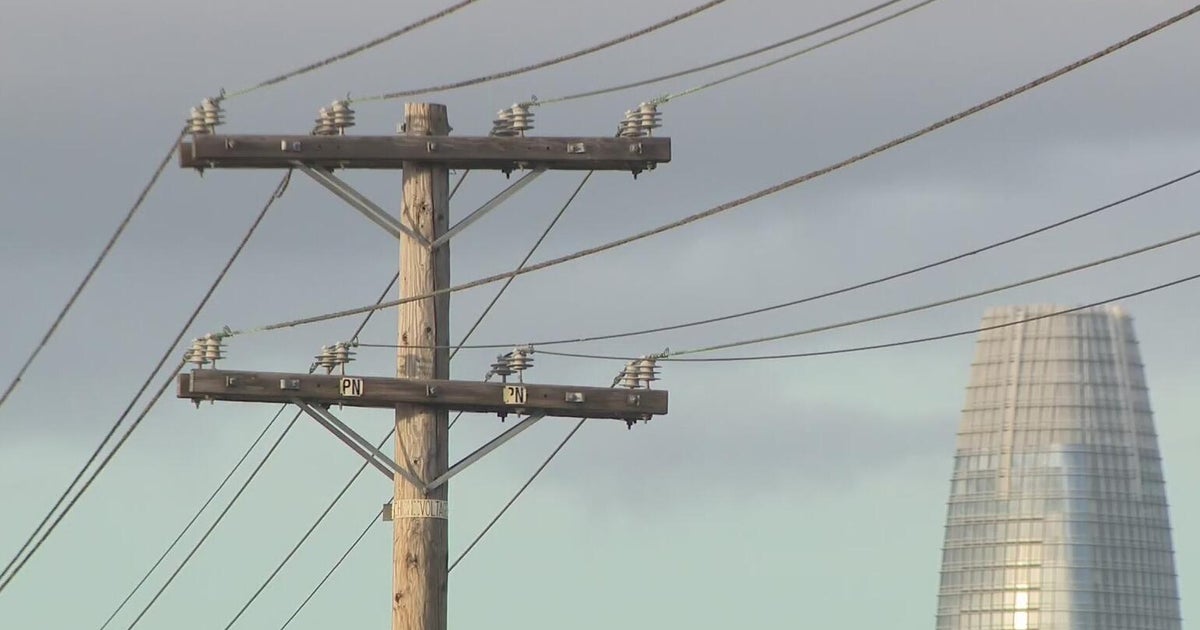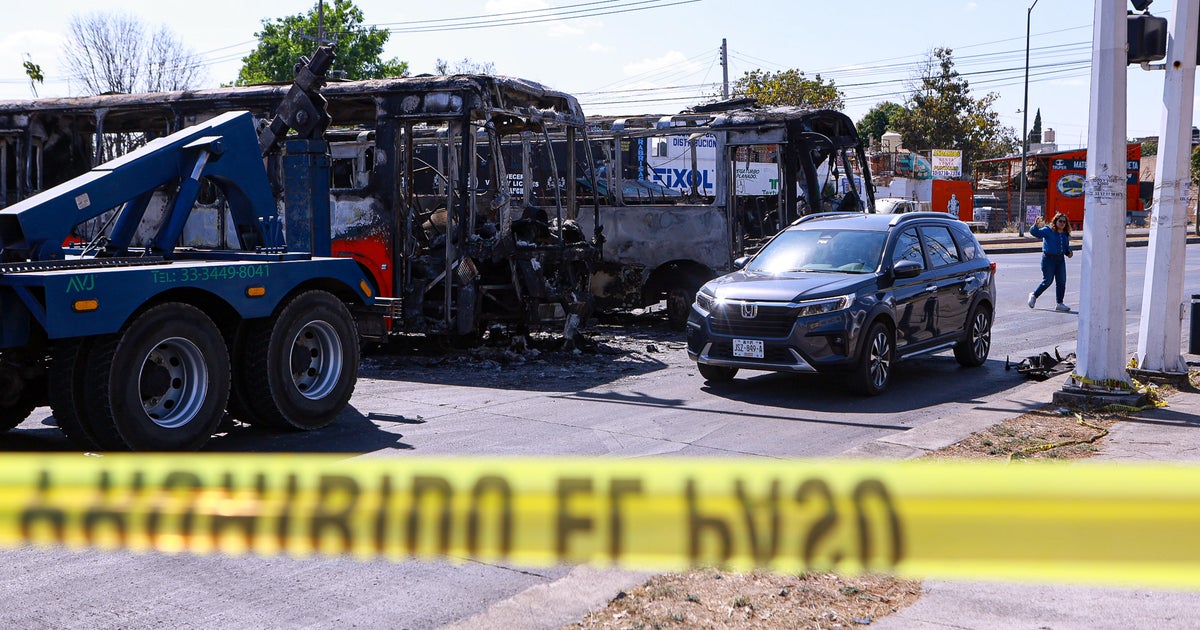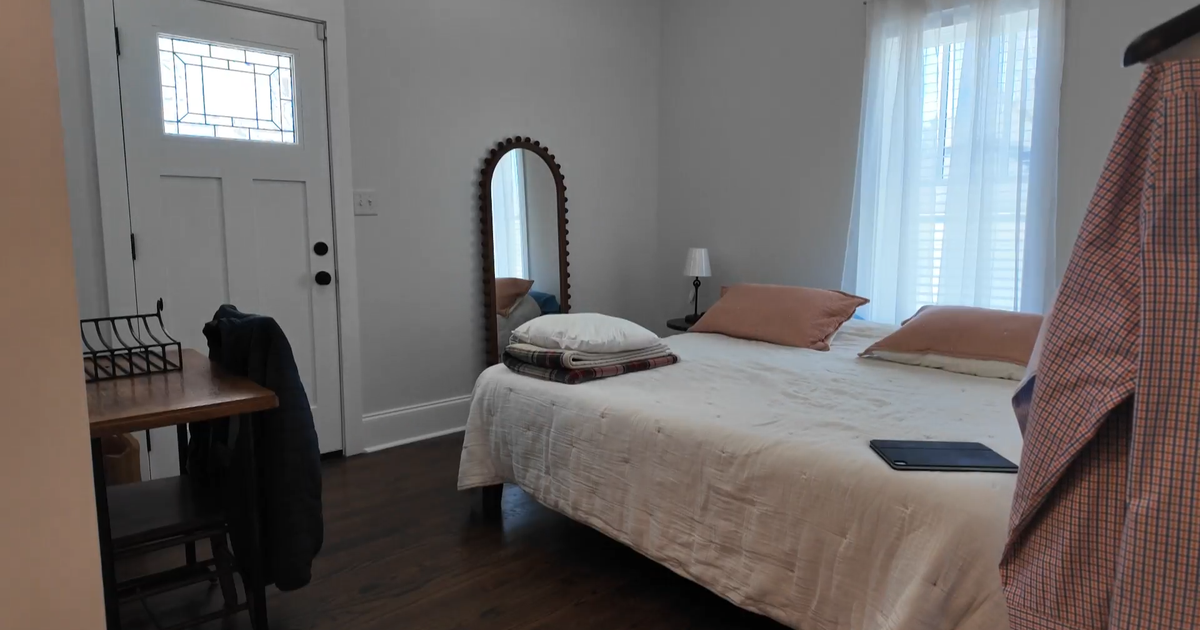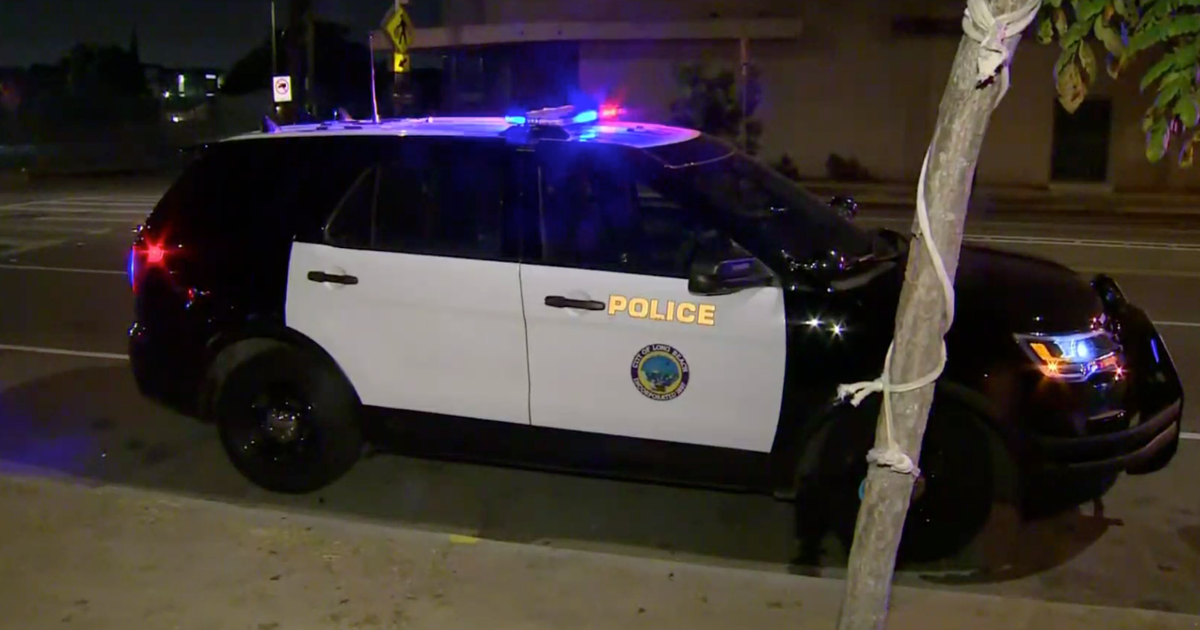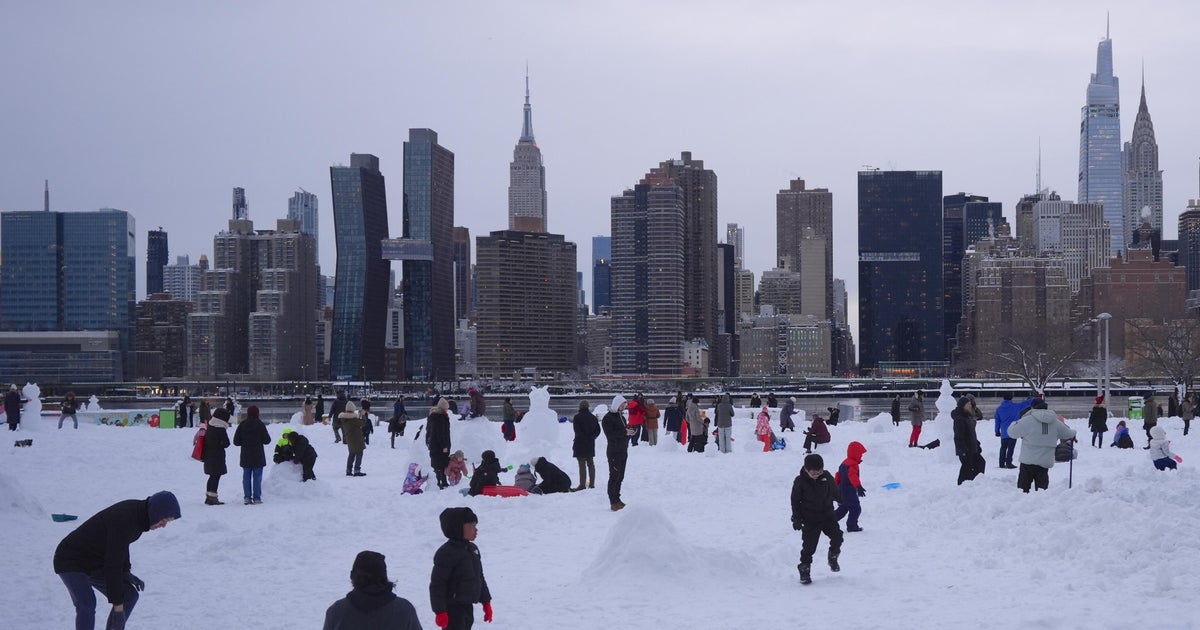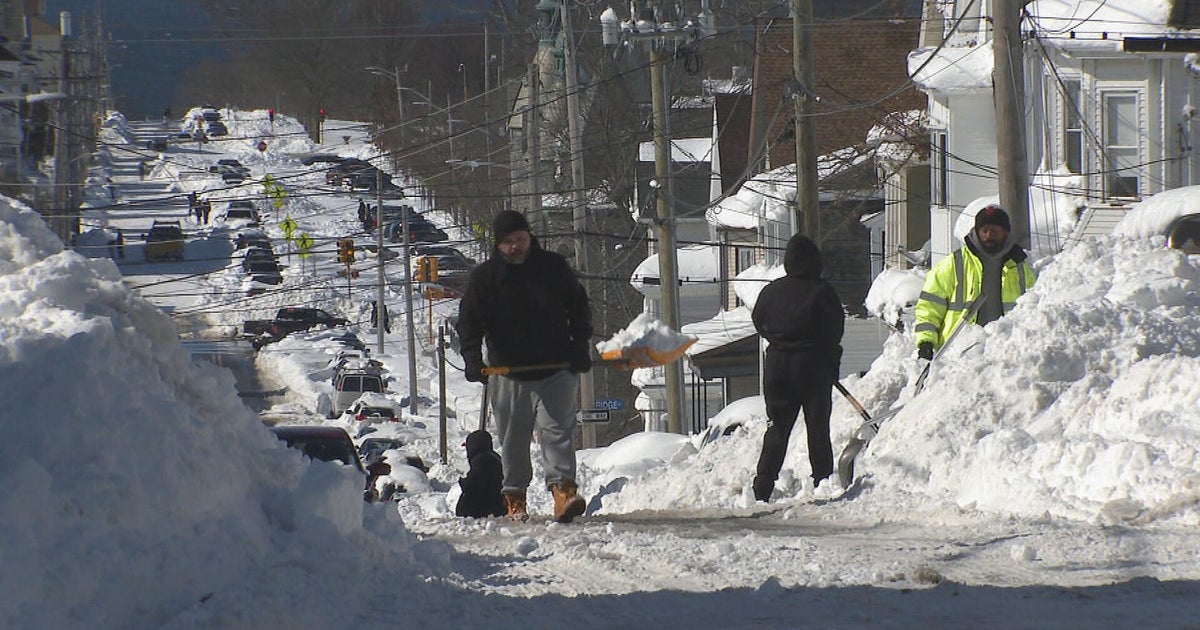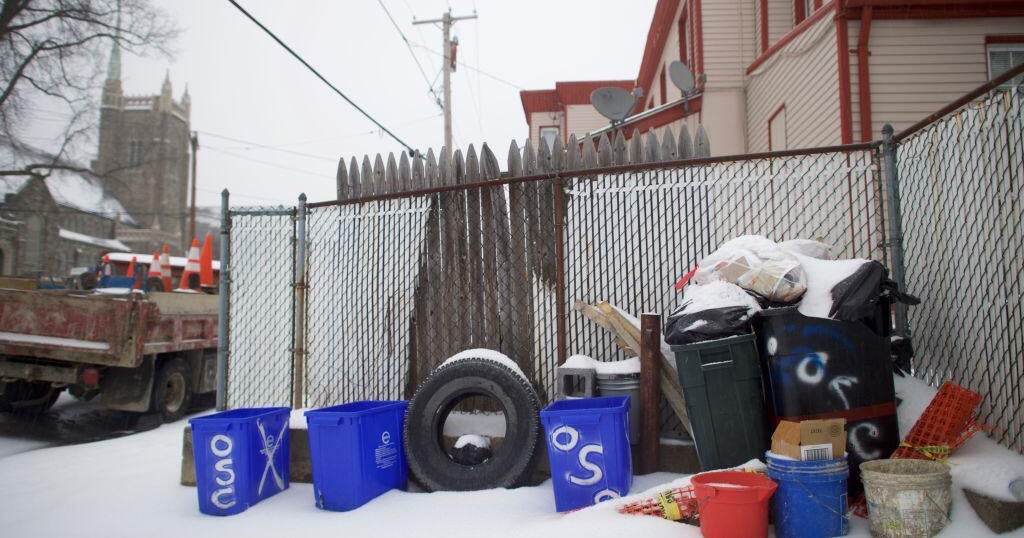6,000 Short-Term Rentals Disappear From San Francisco Almost Overnight
SAN FRANCISCO (KPIX 5) – A new registration requirement is giving us a better idea of just how many short-term rental properties are in San Francisco.
Listings on sites like Airbnb and FlipKey plunged overnight.
Kevin Guy, director of San Francisco's Office of Short-Term Rentals said, "We've seen upwards of 6,000 listings removed from the short-term rental platform."
The crackdown on short-term rentals is on in San Francisco after new legislation went into effect Wednesday forcing huge drops in illegal listings.
Airbnb went from roughly 8,900 short-term rental listings in August to just over 4,000 Wednesday. FlipKey went from 555 listings to around 57 on Wednesday.
"That's a substantial number that represents a real dramatic shift," Guy said.
The legislation is a result of a settlement between Airbnb and the city. Short-term rental hosts must pay a $250 fee to register in San Francisco.
Unregistered hosts can face fines of $1,000 a day. Hosts must also live in their units for at least 275 days of the year.
The goal is to keep San Francisco landlords from turning homes into hotels during a housing crisis.
Calvin Welch with Sharebetter San Francisco said, "Airbnb started out skirting local ordinances. That was its business model. And we have finally blown the whistle on that business model."
Matt Middlebrook, Airbnb's public policy manager said, "We've always wanted to do right by the city of San Francisco."
Middlebrook calls the new policy a win-win. He says the company hasn't always monitored who signs up on the platform and that this legislation changes that.
As for the precipitous drop in rental listings? He expects many will come back.
"Some of those people taken off may not have seen an urgency in registering now that they've been taken down. We think we'll continue to see people register going forward," Middlebrook said.
Airbnb fought the legislation tooth and nail, even filing a lawsuit claiming the legislation violated federal law. They lost and reached a settlement in May 2017.
Now other cities are looking at San Francisco's regulations as a potential road map for change in their markets.
